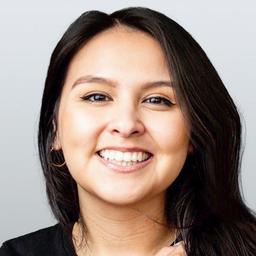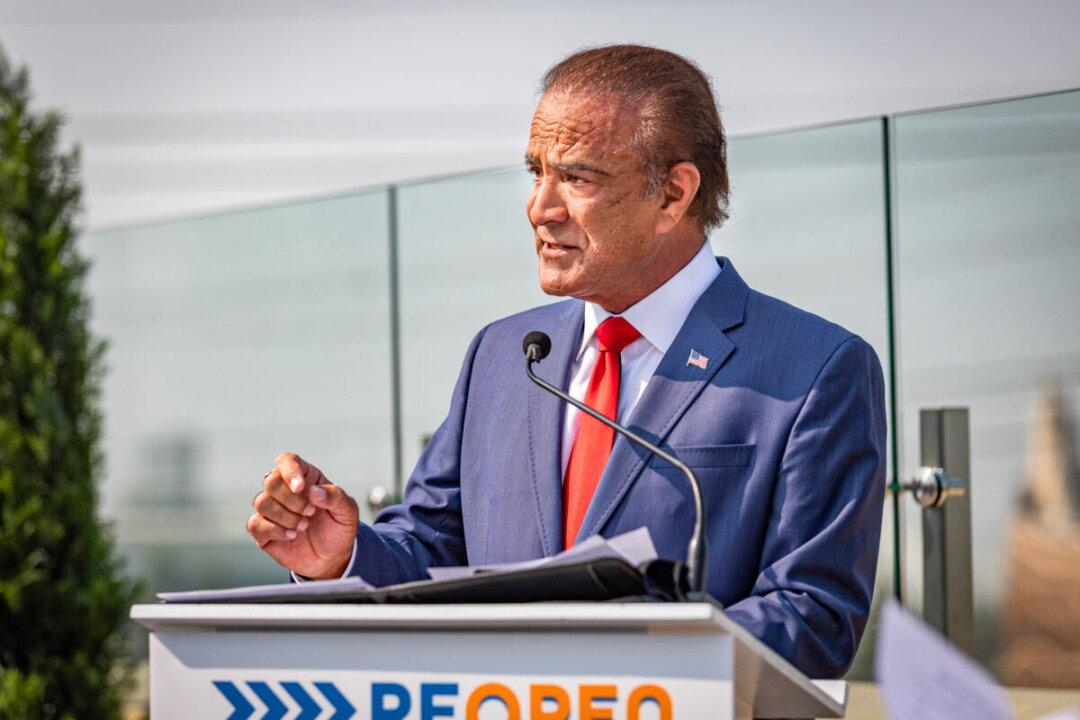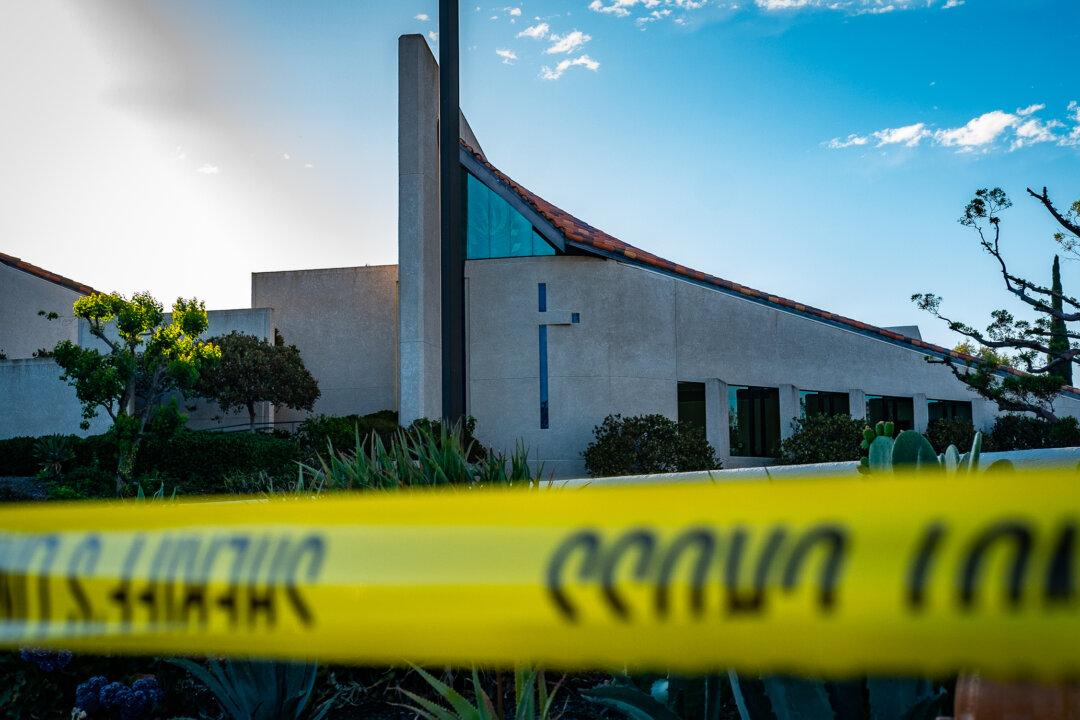FULLERTON, Calif.—The Placentia-Yorba Linda Unified school board held a special meeting on March 23 to discuss a resolution to halt the teaching of Critical Race Theory (CRT).
Trustee Leandra Blades, who has been advocating for the ban, calls CRT—a theory that divides society into oppressors and oppressed based on race—a “divisive theory” that pins races against each other.




